When it comes to travel, mistakes are bound to happen. From overpacking and dining close to major tourist attractions, to forgetting to inform your bank about your trip, common travel mistakes can turn a dream vacation into a nightmare. But by being aware of these potential pitfalls and taking the necessary precautions, you can ensure a smooth and enjoyable trip. By researching, planning and being aware of common travel mistakes, you can avoid them and make the most of your travel experience.
Planning Mistakes
Not researching the local transportation options
Not researching the local transportation options before your trip can lead to a lot of stress and inconvenience. To avoid getting lost or stranded, it’s essential to research the local transportation options in advance. One of the best ways to do this is by researching the public transport options such as buses, trains, and metro systems available in the destination city. This will allow you to plan your itinerary and navigate the city with ease.
Another option is to research the availability of taxi and ride-sharing services. This can be especially useful if you plan to travel to remote or less-travelled destinations. You can also check for any discounts or promotions that the transportation companies might offer for tourists.
In addition, it’s also a good idea to download apps or maps that provide information about transportation options, such as public transport schedules and routes, and real-time location tracking of taxis and ride-sharing services. This will help you stay organized and make it easier to navigate the city during your trip.
By researching and being familiar with the local transportation options, you can avoid getting lost or stranded, and make the most of your travel experience.
Not considering the peak travel season
Not considering the peak travel season of your destination can lead to high prices, crowded tourist spots, and limited availability of accommodation. To avoid these issues, it’s important to research the peak travel season of the destination you are visiting and plan accordingly. Consider traveling during the shoulder season, which is the period between peak and off-peak seasons. During this time, prices tend to be lower and crowds are thinner, making it an ideal time to travel.
Alternatively, consider alternative destinations that may offer better deals and be less crowded during peak travel season.
Not being aware of local customs and laws
Not being aware of local customs and laws can lead to legal issues or cultural misunderstandings during your trip. It’s important to research and understand the customs and laws of the destination you are visiting, to avoid any potential issues. This includes understanding things like the dress code, customs around food and drink, and local laws and regulations.
It’s important to research about the local laws, for example some countries have strict laws related to drug possession, and you could face severe penalties. By being aware of these customs and laws, you can ensure that you are respectful of the local culture and avoid any misunderstandings.
Not researching the local emergency contact numbers
Not researching and noting down the local emergency contact numbers such as the embassy, local police, and hospitals can cause stress and inconvenience in case of an emergency. To avoid this, it’s important to research and note down these emergency contact numbers before your trip. This can provide peace of mind and ensure that you have the necessary information at hand in case of an emergency situation.
Not bringing the necessary medications
Bringing any necessary medications and keeping them in their original packaging to avoid any issues at customs or with local authorities. This is especially important if you have a chronic medical condition or are taking any prescription medication. By being prepared and bringing necessary medications, you can avoid any issues and ensure a smooth and stress-free trip.
Not being aware of any travel advisories or warnings
Not being aware of any travel advisories or warnings for the destination country can put you at risk and make your trip less safe. It’s important to check for any travel advisories or warnings from government or official travel bodies before your trip. This can include information on potential risks such as crime, political instability or natural disasters. By being aware of these potential risks and safety concerns, you can make informed decisions about your travel plans and ensure a safe and enjoyable trip.
Additionally, you can also reach out to the local embassy or tourist boards for information and guidance on the current situation of the country you are visiting. By staying informed, you can ensure that your trip is safe and enjoyable.
Not considering the accessibility of the location
Not considering the accessibility of the destination can make traveling difficult for those with disabilities or mobility issues. It’s important to research and understand the accessibility of the destination you are visiting, including information on transportation, accommodation, and tourist attractions. By taking accessibility into consideration, travelers with disabilities or mobility issues can have a smooth and enjoyable trip.
Not being aware of the local currency and payment methods
Not being aware of the local currency and payment methods can cause issues while making transactions during your trip. It’s important to research and understand the local currency, its exchange rate, and the common payment methods of the destination you are visiting. This can include things like the currency’s symbol, its denomination, and whether it’s safe to use credit cards or if cash is preferred. Additionally, it’s also important to inform your bank that you will be traveling, to avoid any issues with your card being blocked. By being aware of the local currency and payment methods, you can ensure that you have enough cash and you can make transactions smoothly.
It’s also worth considering carrying a small amount of local currency or traveler’s cheques for emergency situations. By researching and being aware of the local currency and payment methods, you can avoid any issues while making transactions and ensure a smooth and stress-free trip.
Not considering the climate and appropriate clothing
Not considering the climate and appropriate clothing can lead to discomfort and inconvenience during your trip. It’s important to research and understand the climate of the destination you are visiting and pack appropriate clothing to ensure your comfort. This includes things like the temperature, humidity, and potential for rain or other weather conditions.
Not considering the language barrier
Not considering the language barrier and researching the common languages spoken in the destination country can lead to communication issues during your trip. It’s important to have basic knowledge of the local language, or carry a translation app or book to ensure smooth communication.
Not booking accommodation in advance
Not booking accommodation in advance, especially during peak travel seasons, can lead to stress and potential for higher prices or limited availability. It’s important to book accommodation in advance to ensure that you have a place to stay and to avoid any last-minute stress.
Not considering the cost of activities and excursions
Not considering the cost of activities and excursions can lead to overspending or disappointment during your trip. It’s important to research and budget for activities and excursions in advance to ensure that you can fully enjoy your trip without overspending. This includes things like researching the cost of activities and excursions, checking for deals and discounts and considering the availability of certain activities.
Packing Mistakes
Overpacking
Overpacking can lead to the hassle of lugging around too much luggage during your trip. To avoid this, it’s important to pack efficiently by only bringing the essentials and items that you will actually use. This includes things like making a packing list, choosing versatile clothing items and using packing cubes or compression bags to maximize space. Additionally, it’s also important to consider the weight and size restrictions for your mode of transportation. By packing efficiently and avoiding overpacking, you can make your travel experience less stressful and more enjoyable.
Carrying valuables
Carrying valuables while traveling can put you at risk of theft or loss. To safeguard valuable items such as your passport, money, and jewelry, it’s important to take necessary precautions. This can include things like using a money belt or neck pouch to keep your passport and money safe, as well as keeping jewelry and other valuables in a safe or locked suitcase. Additionally, it’s also important to make copies of important documents and keep them in a separate location. By taking the necessary precautions, you can ensure the safety of your valuables and have peace of mind during your trip.
Travel Mistakes During the Trip
Not being aware of the local laws and regulations around photography
Not being aware of the local laws and regulations around photography can lead to legal issues or cultural misunderstandings during your trip. It’s important to research and understand the local laws and regulations around photography, especially when photographing landmarks or sensitive locations. This can include things like obtaining permission before photographing certain landmarks or people, and being aware of any cultural sensitivities around photography. By being aware of the local laws and regulations around photography, you can ensure that your photography experience is enjoyable and respectful to the local culture.
Not being prepared for jet lag
Not being prepared for jet lag can have a negative effect on your trip. To minimize jet lag, it’s important to adjust your sleep schedule before your trip and stay hydrated during travel. Additionally, it’s also important to consider the time change and plan accordingly for any activities or meetings. By being prepared for jet lag, you can ensure that your trip is enjoyable and stress-free.
Dining close to major tourist attractions
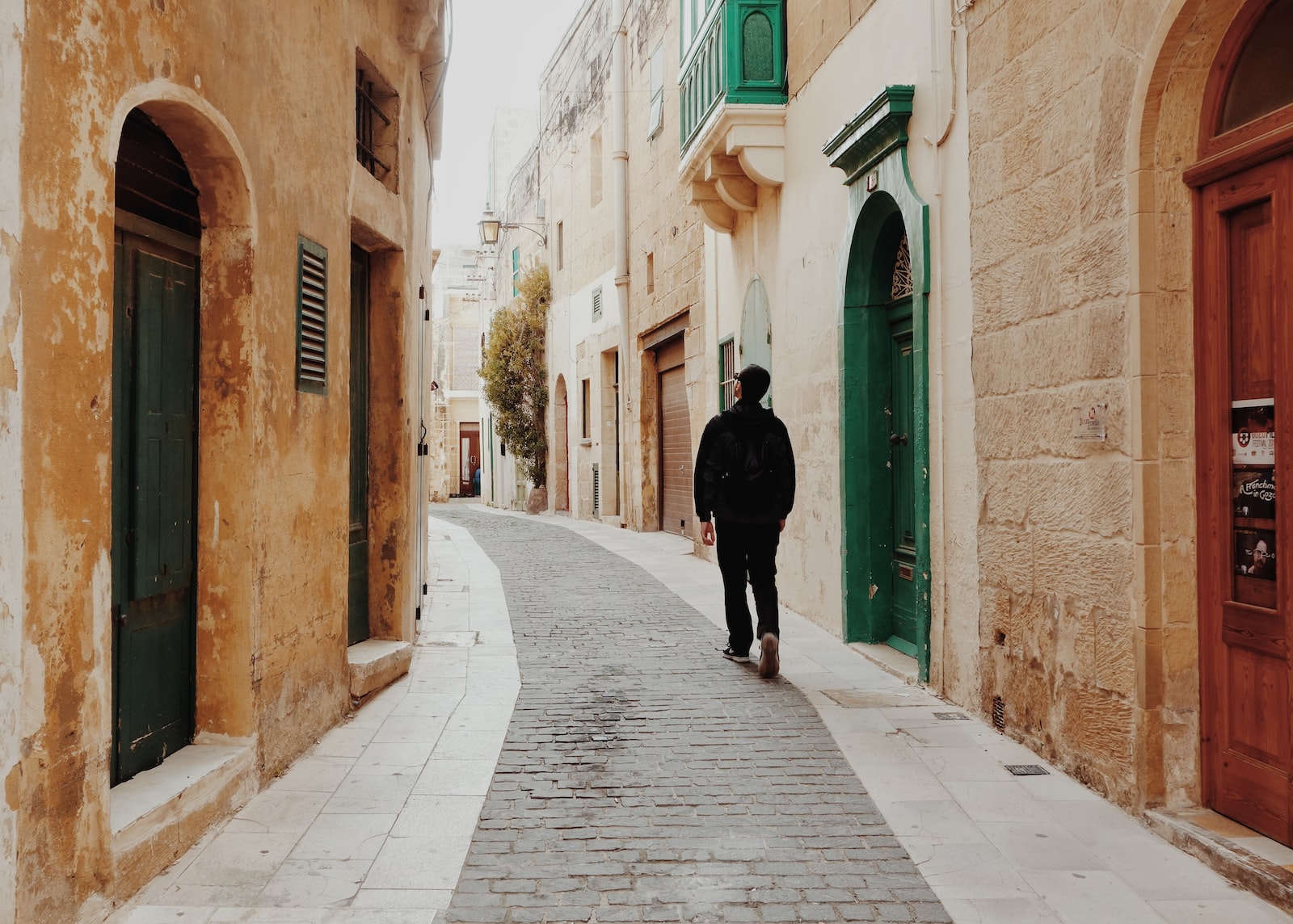
Dining close to major tourist attractions can be expensive and miss out on experiencing local cuisine. To save money and experience local cuisine, it’s important to research and find restaurants away from major tourist attractions. Additionally, it’s also important to try street food and local markets to experience the true local cuisine. By avoiding dining close to major tourist attractions, you can save money and have a unique and authentic dining experience.
Creating an overambitious itinerary
Creating an overambitious itinerary can lead to stress and disappointment during your trip. To avoid this, it’s important to create a realistic itinerary and consider the time and energy required for each activity. Additionally, it’s also important to leave some flexibility in your itinerary for unexpected opportunities or changes in plans. By creating a realistic itinerary, you can ensure that your trip is enjoyable and stress-free.
Underestimating time required for security
Underestimating time required for security can lead to missing flights or other travel plans. To avoid this, it’s important to allow enough time for security checks and consider the time of day, location, and potential crowds. Additionally, it’s also important to have all necessary documents and items easily accessible. By allowing enough time for security checks, you can ensure that your travel plans go smoothly and without delay.
Booking flights too close together
Booking flights too close together can lead to missing connections or rushing through airports. To avoid this, it’s important to book flights with enough time in between to allow for any delays or unexpected situations. Additionally, it’s also important to consider the location of the airports and the time required for transportation and check-in. By booking flights with enough time in between, you can ensure that your travel plans go smoothly and without delay.
Not having the correct visa
Not having the correct visa can lead to denied entry into the destination country. To avoid this, it’s important to research and obtain the correct visa for the destination country well in advance of your trip. This can include things like checking visa requirements, submitting the necessary documents, and paying any required fees. By obtaining the correct visa, you can ensure that you have a smooth and hassle-free entry into the destination country.
Forgetting to inform your bank about your trip
Forgetting to inform your bank about your trip can lead to issues with credit or debit card usage. To prevent this, it’s important to inform your bank about your travel plans and provide them with your itinerary and contact information. Additionally, it’s also important to notify them of any international transactions you plan to make. By informing your bank about your travel plans, you can ensure that your credit or debit card usage will go smoothly and without interruption.
Losing money in exchange transactions
Losing money in exchange transactions can be a frustrating and costly experience. To avoid this, it’s important to use credit cards or exchange money at reputable locations. Additionally, it’s also important to research the current exchange rate and be aware of any hidden fees or scams. By being cautious and informed about exchange transactions, you can ensure that you get the best value for your money.
Neglecting to factor time zones into your trip
Neglecting to factor time zones into your trip can lead to confusion or scheduling conflicts. To avoid this, it’s important to consider time zones when making travel plans and adjust your schedule accordingly. Additionally, it’s also important to check the time difference between your current location and the destination country. By considering time zones, you can ensure that your travel plans go smoothly and without confusion.
Neglecting to organize your trip details
Neglecting to organize your trip details can lead to confusion or miscommunication. To avoid this, it’s important to keep all your trip details organized, such as flight and hotel information, and have them easily accessible in case of any changes or emergencies. This can include things like creating a travel itinerary, keeping important documents such as passports and tickets in a safe place, and having contact information for your bank, travel agent, and emergency contacts. By organizing your trip details, you can ensure that your travel plans go smoothly and without interruption.
Not understanding the local culture before your trip
Not understanding the local culture before your trip can lead to cultural misunderstandings and a less enjoyable experience. To avoid this, it’s important to research and understand the local culture before your trip. This can include things like researching the customs, traditions, and etiquette of the destination country, as well as learning some basic phrases in the local language. By understanding the local culture, you can enhance your travel experience and avoid any cultural misunderstandings.
Living on social media during your holiday
Living on social media during your holiday can detract from the experience of being present in the moment and enjoying the trip. To avoid this, it’s important to set boundaries and limit your social media usage while on vacation. This can include things like turning off notifications, setting designated times for checking social media, and focusing on engaging with your surroundings and the people you’re traveling with. By limiting your social media usage, you can ensure that you fully enjoy and remember your vacation.
Forgetting the budget and running out of money
Forgetting the budget and running out of money can lead to stress and disappointment during your trip. To avoid this, it’s important to set a budget and stick to it. This can include things like researching prices for accommodation, transportation, and activities, creating a daily spending plan, and allocating money for emergencies. By setting a budget and sticking to it, you can ensure that you have enough money to fully enjoy your trip without worrying about running out of funds.
Having unrealistic expectations
Having unrealistic expectations can lead to disappointment and a less enjoyable experience. To avoid this, it’s important to have realistic expectations and be open to new experiences. This can include things like researching the destination, being flexible with your itinerary, and being open to trying new things. By having realistic expectations and being open to new experiences, you can ensure that you fully enjoy your trip and make lasting memories.
Conclusion
Common travel mistakes can greatly impact the overall experience of a trip. From overpacking and carrying valuables, to not researching local customs and laws, to not considering the peak travel season and accessibility of the location, these mistakes can lead to inconvenience, stress and disappointment. By taking the time to research and plan accordingly, travelers can avoid these mistakes and have a smooth and enjoyable trip.
Remember to consider the local transportation options, emergency contact numbers, the local currency, and payment methods and pack according to the climate and destination. Also, have realistic expectations and be open to new experiences. Avoid the stress and disappointment by being prepared, researching, and planning accordingly. With a little bit of effort, you can have a great trip with peace of mind.

FAQ (Frequently Asked Questions)
1. What are the most common travel mistakes people make?
Travel mistakes can come in many forms, such as overpacking, dining close to major tourist attractions, carrying valuables, creating an overambitious itinerary, underestimating time required for security, booking flights too close together, not having the correct visa, forgetting to inform your bank about your trip, losing money in exchange transactions, and neglecting to factor time zones into your trip. These common mistakes can greatly impact the overall experience of a trip, but by being aware of them and taking the time to research and plan accordingly, travelers can avoid them and have a smooth and enjoyable trip.
2. How can I avoid overpacking for my trip?
One of the biggest mistakes travelers make is overpacking. To avoid this, make a list of essentials and stick to it. Consider the length of your trip, the climate, and the type of activities you will be doing. Pack versatile clothing that can be mixed and matched, and bring only the essentials. Consider packing travel-size toiletries and leave behind any unnecessary items.
3. What should I do to safeguard my valuables while traveling?
To safeguard your valuables, consider using a money belt or hidden pouch to carry important documents and cash. Avoid carrying all your cash and cards in one place, and make copies of important documents in case of loss or theft. It’s also a good idea to inform your bank and credit card companies of your travel plans, so they don’t freeze your account due to unusual activity.
4. How can I avoid creating an overambitious itinerary for my trip?
Creating an overambitious itinerary can lead to stress and disappointment. To avoid this, research the destination and decide on the must-see sights and activities. Leave some room for spontaneity and allow time for rest and relaxation. Also, consider the time it takes to travel between destinations, and make sure to factor in time for meals and other necessities.
5. How much time should I allow for security checks at the airport?
It’s important to allow enough time for security checks at the airport, to avoid missing flights or other travel plans. A general rule of thumb is to arrive at the airport at least two hours before your flight for domestic travel, and three hours before for international travel. Keep in mind that during peak travel times, security lines can be longer, so it’s best to plan accordingly.


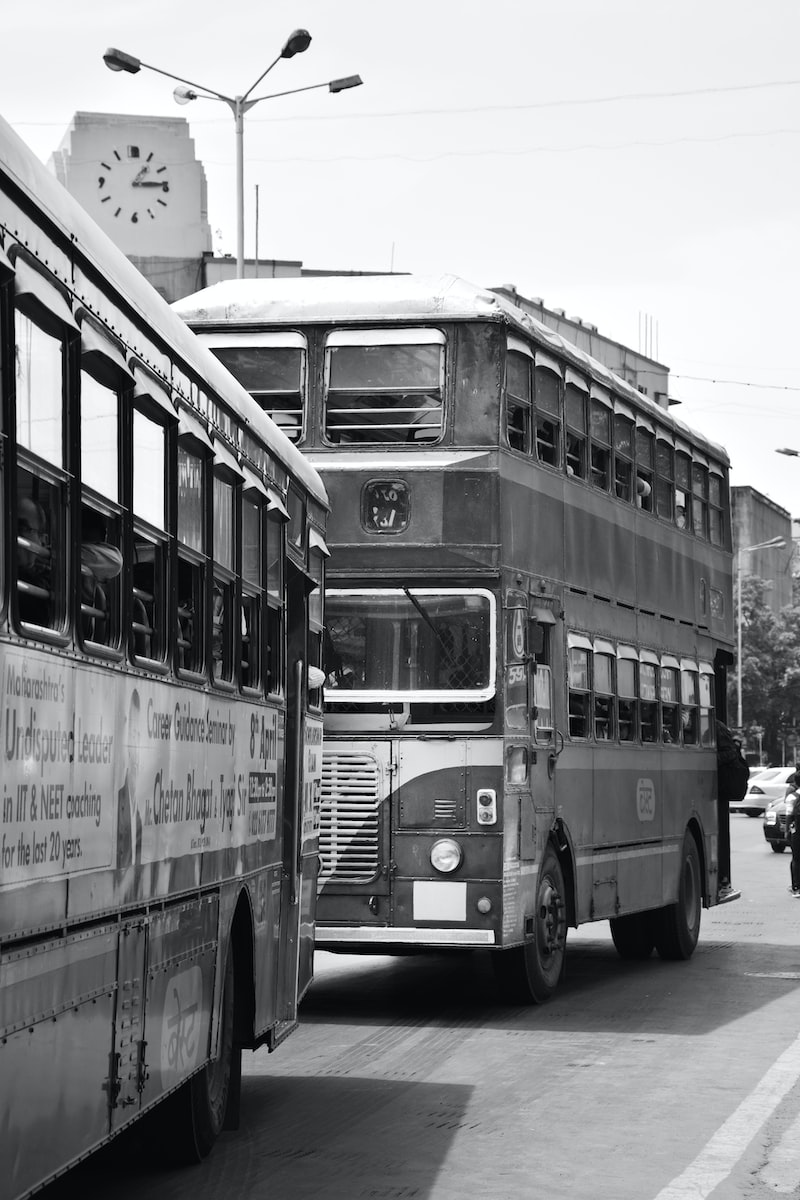

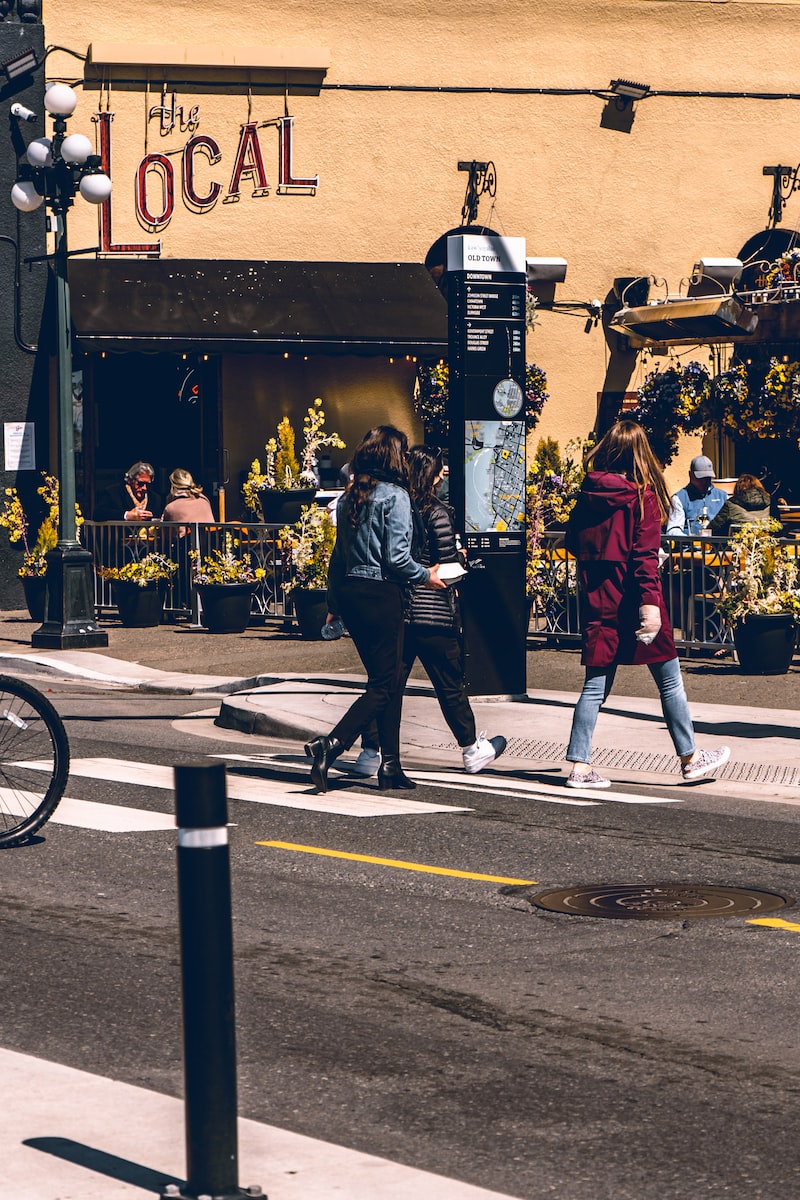

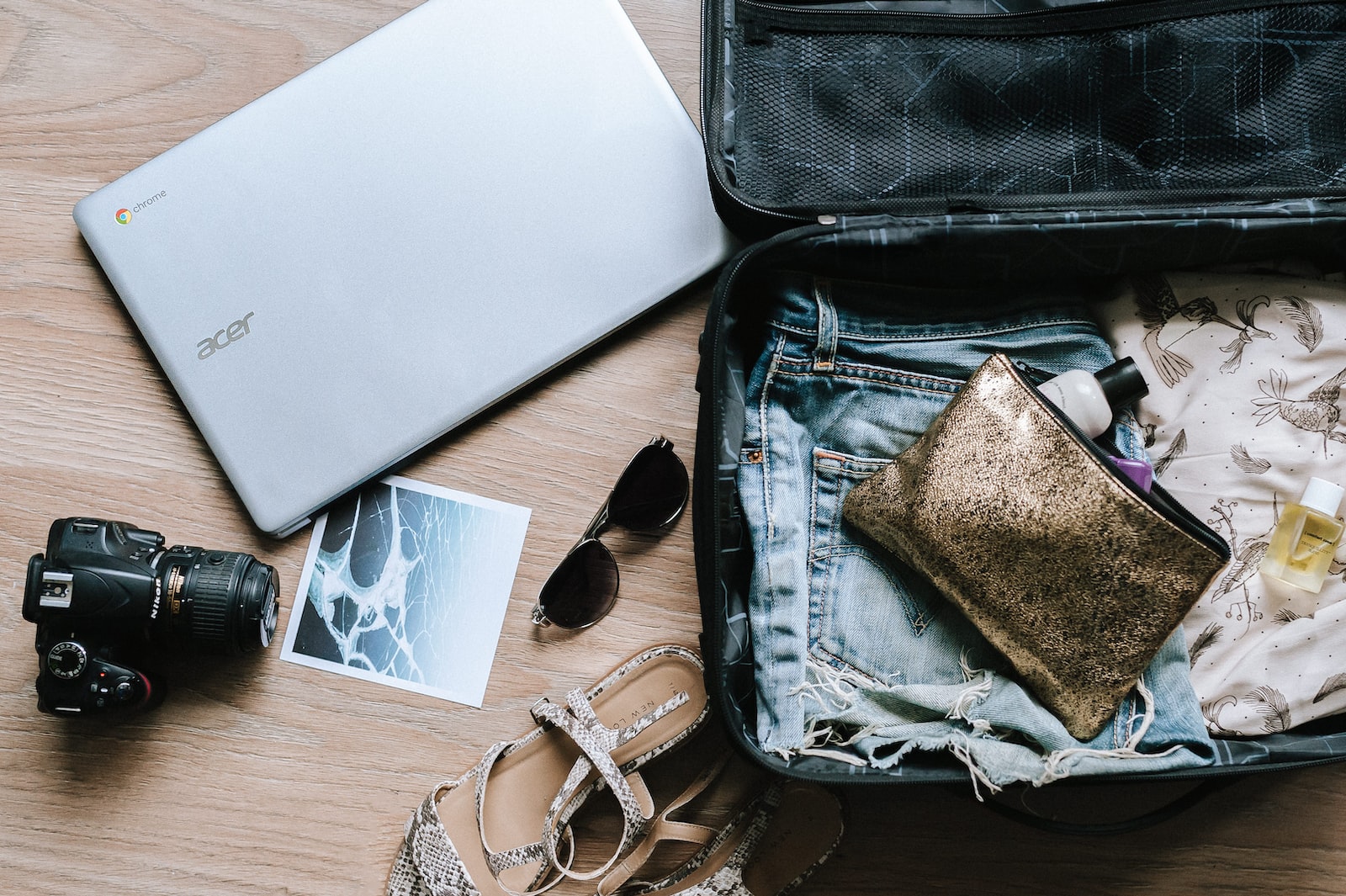
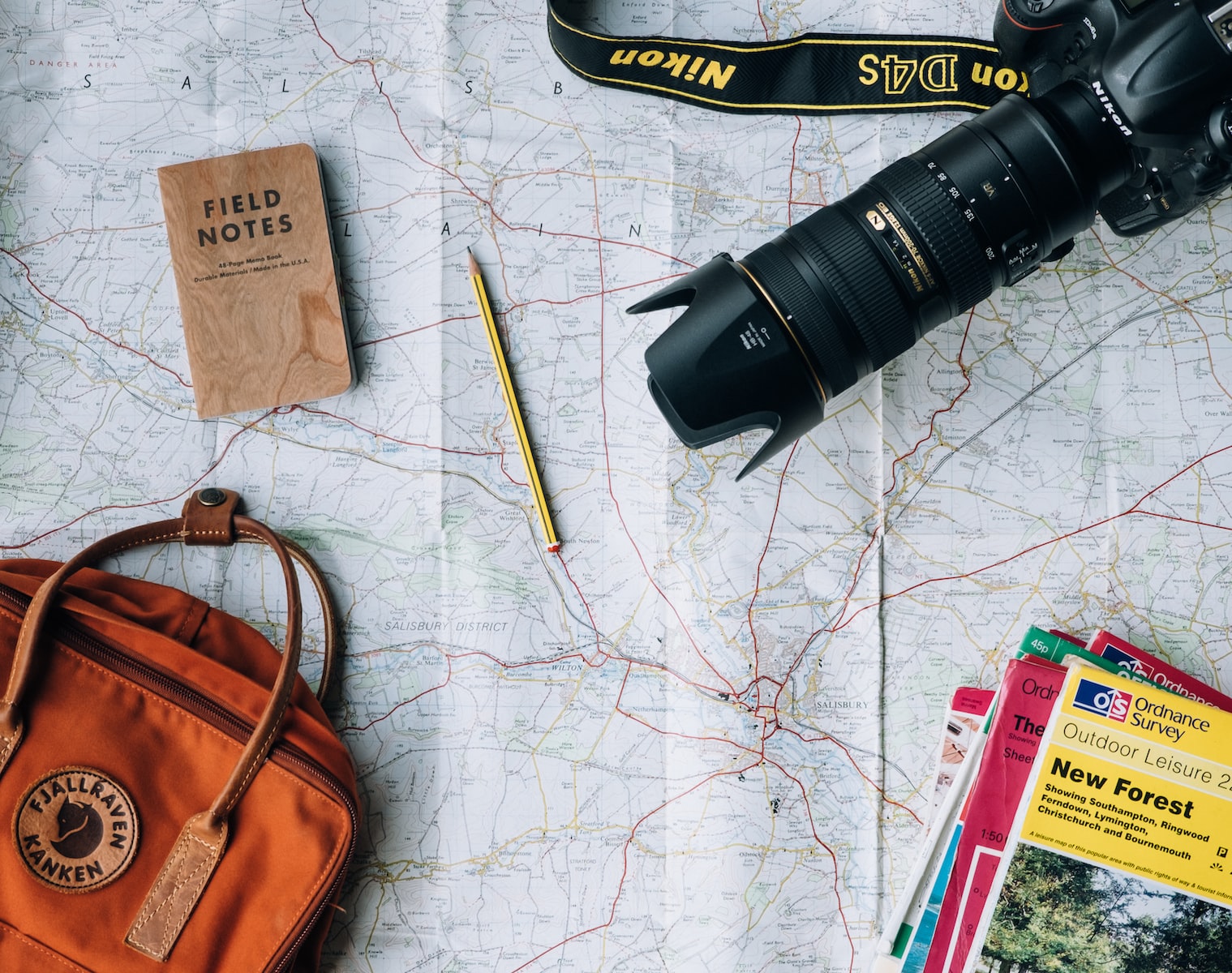




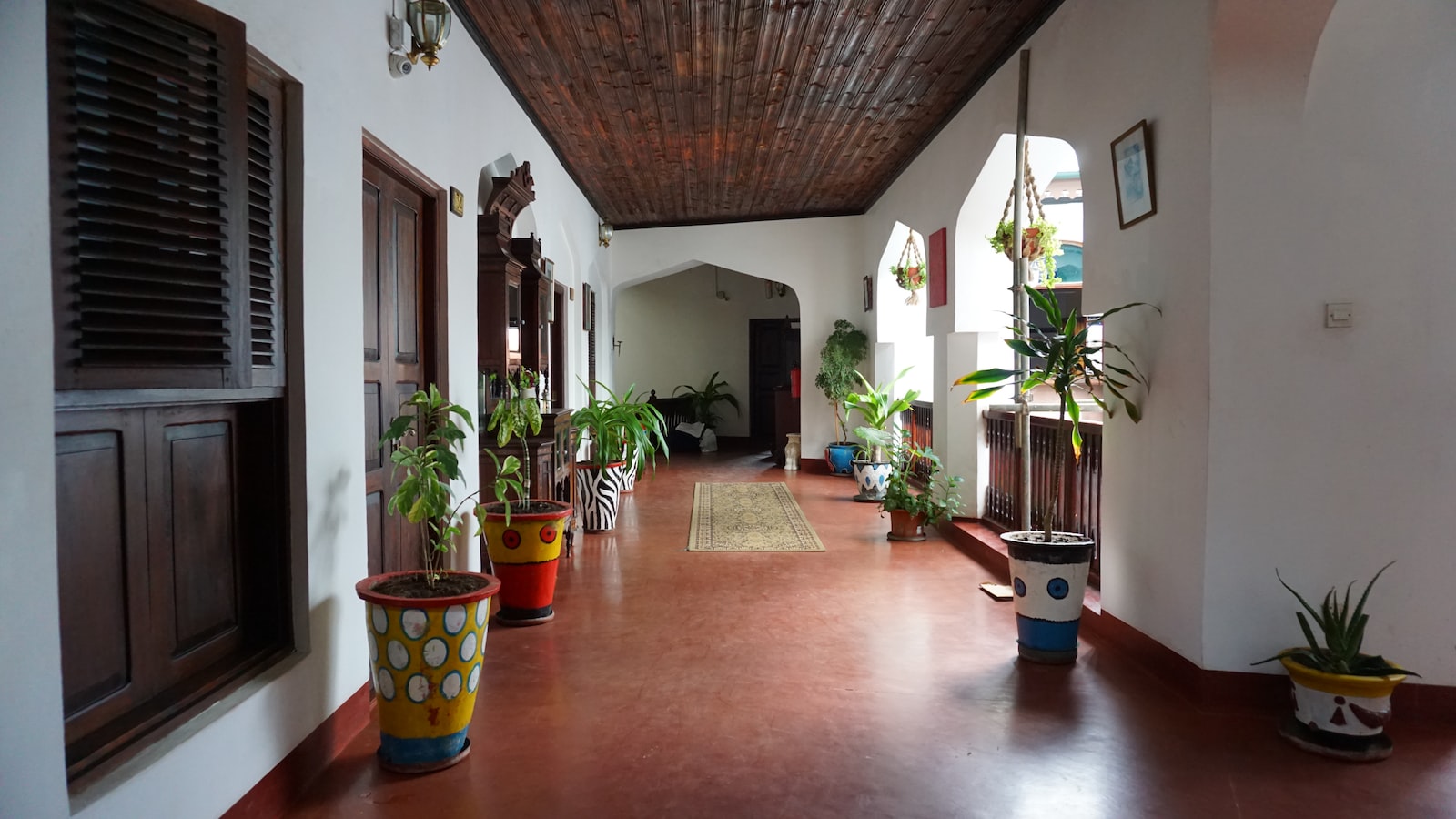
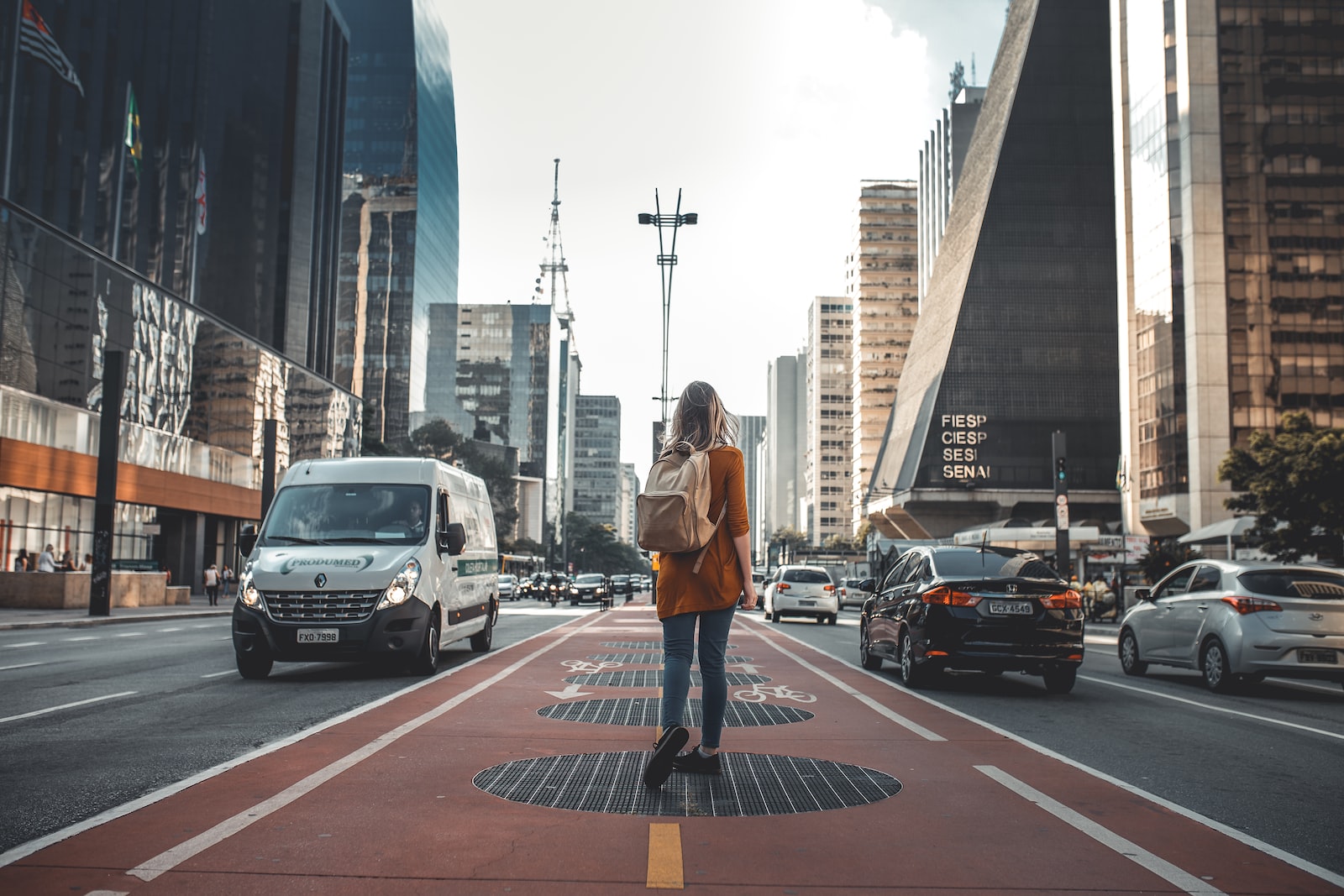






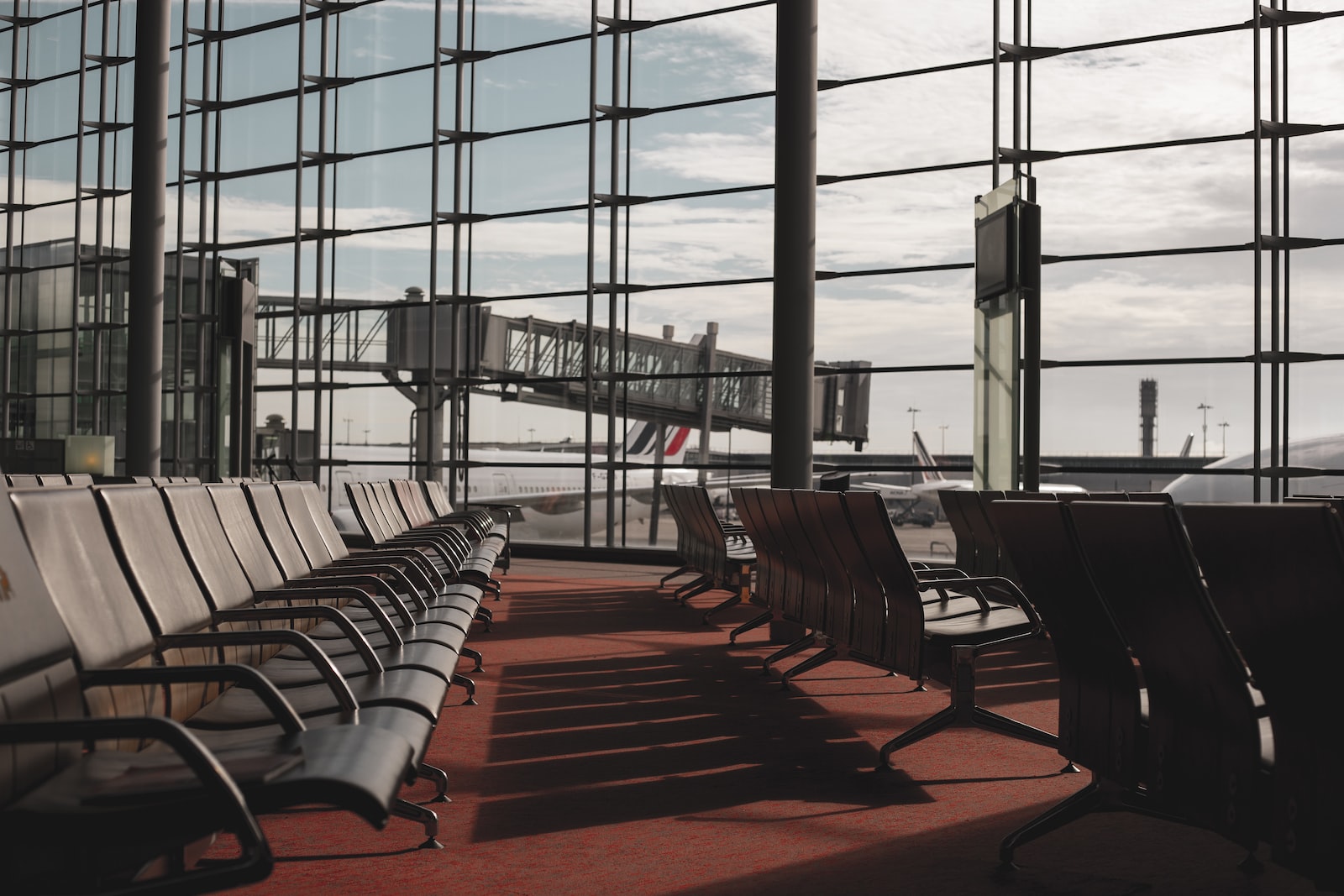
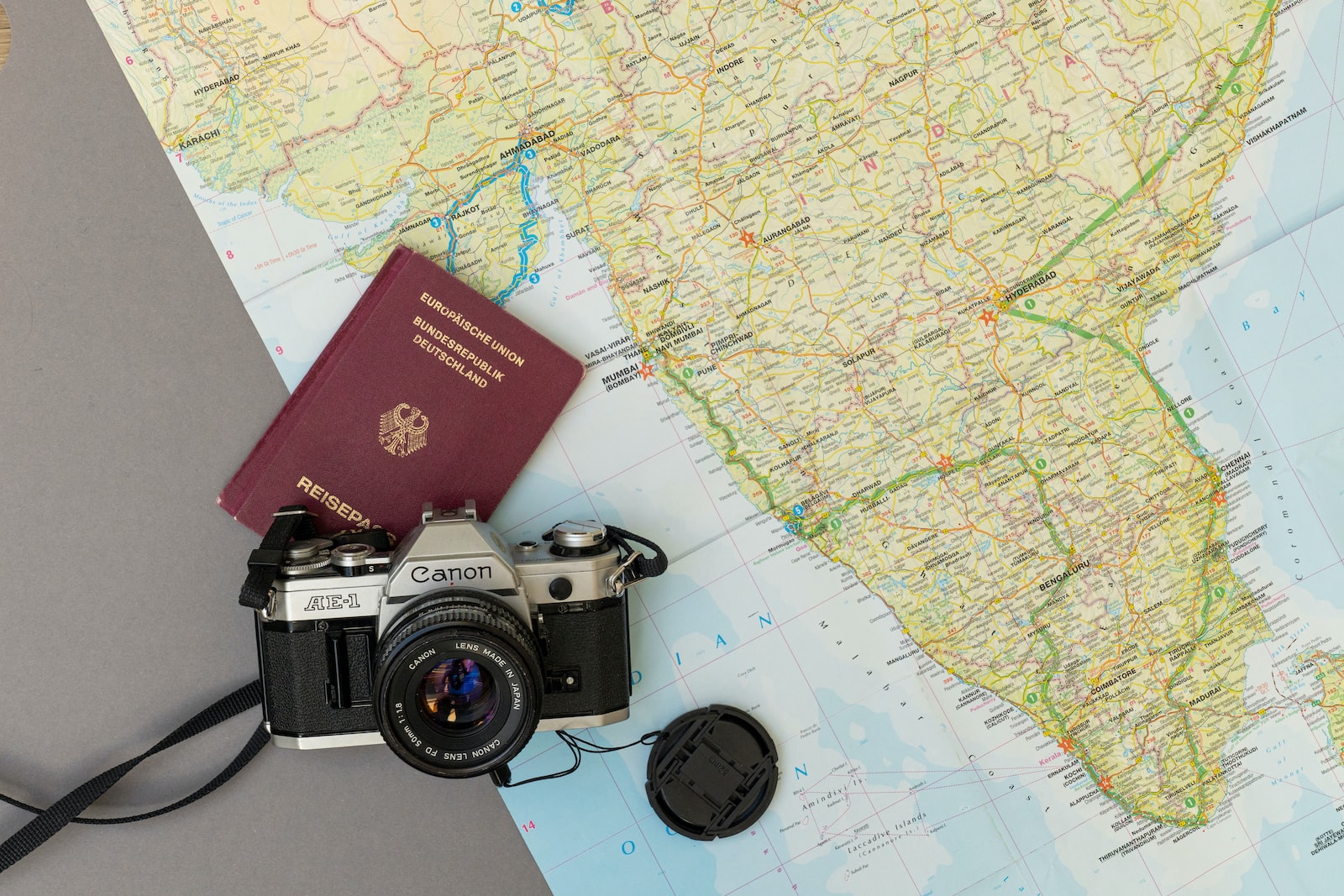
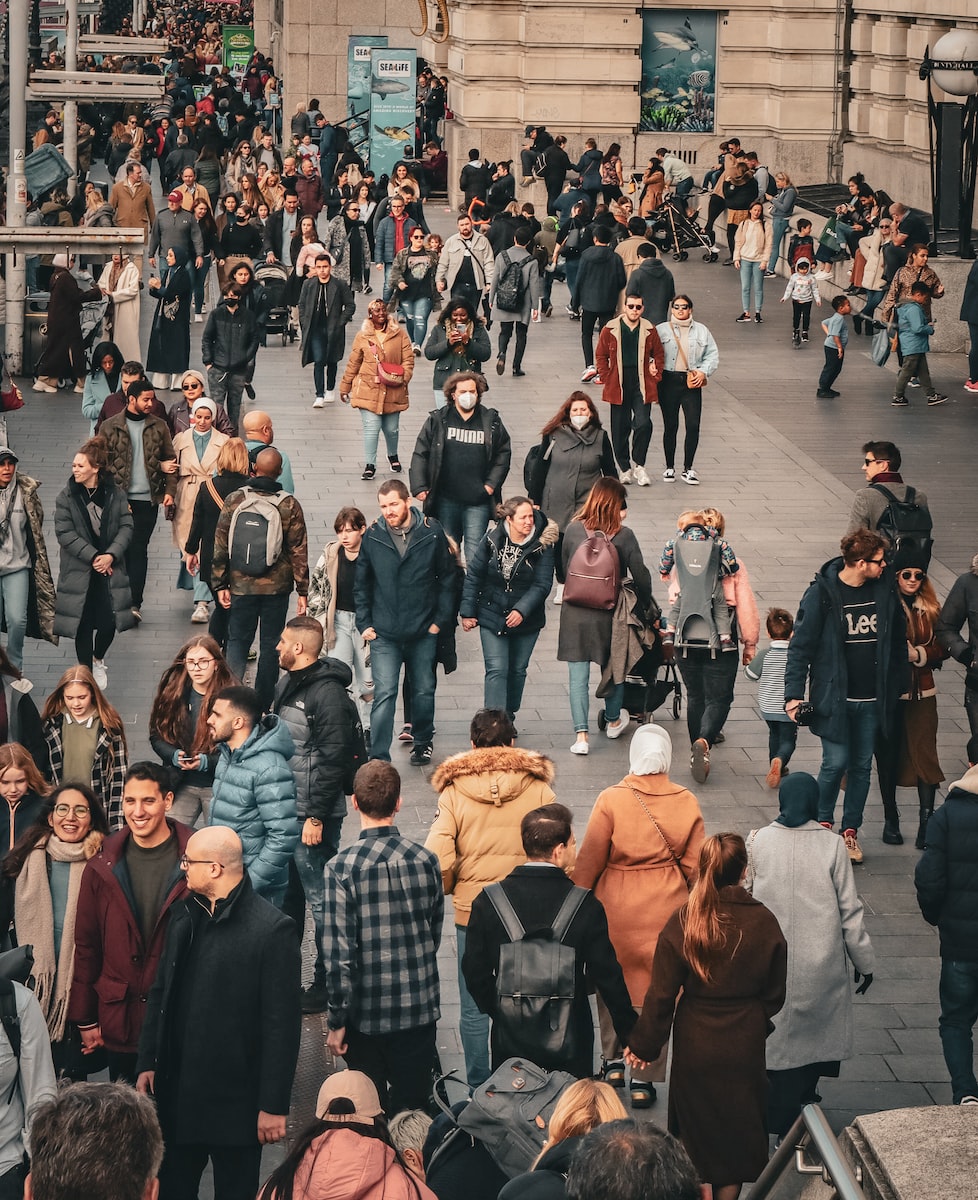





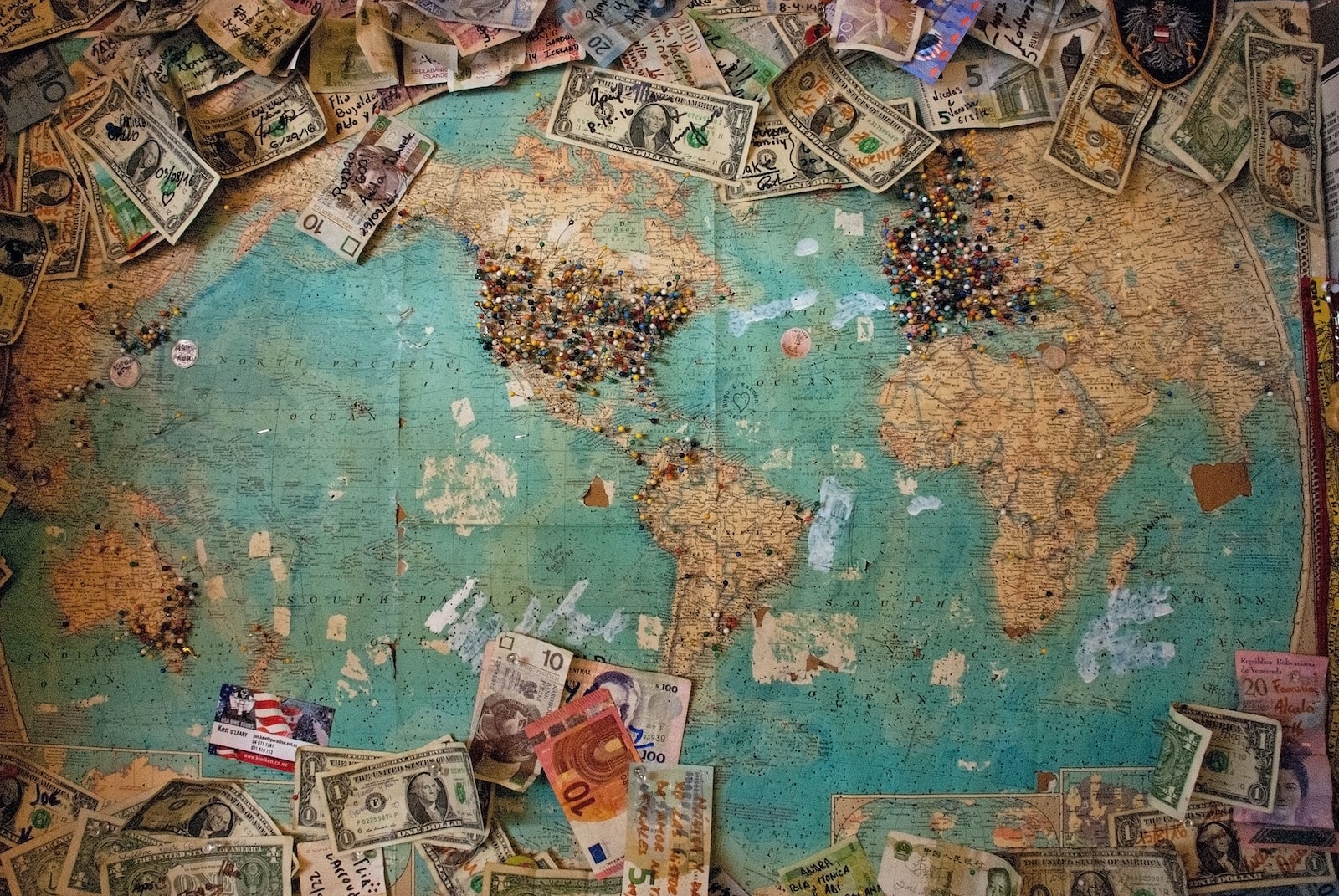

Leave a Reply